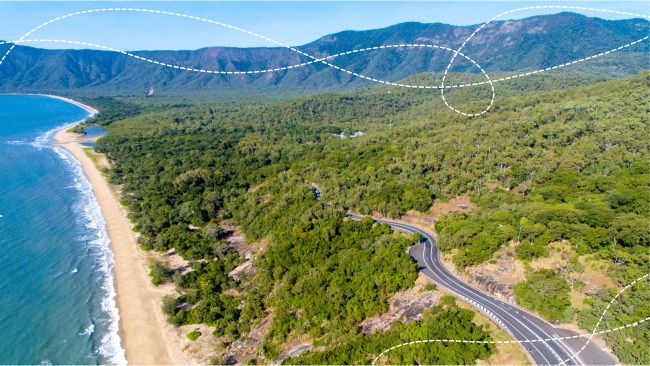Feeding hope for a future free from cancer
COULD you imagine being diagnosed with aggressive breast cancer? Post-diagnosis, could you then imagine being told there was no targeted treatment available for you?

COULD you imagine being diagnosed with aggressive breast cancer? Post-diagnosis, could you then imagine being told there was no targeted treatment available for you?
That’s the case for 15 per cent of women diagnosed with triple negative breast cancer; the worst diagnosis any woman could hear.
Now, thanks to researchers in Adelaide, there is new hope for a targeted treatment for this aggressive breast cancer type.
Pioneering this life-saving research is Associate Professor Claudine Bonder, Professor Angel Lopez and their teams at the Centre for Cancer Biology based at the University of South Australia’s Cancer Research Institute in Adelaide.
A/Prof Bonder and the team have identified a blood hormone that helps breast cancer grow and spread using blood vessels.
“We’ve identified a growth hormone that is quite specific to patients with this aggressive breast cancer. We’re now working towards finding an identifier for this growth hormone which could act as a good target for a treatment,” A/Prof Bonder says.
This could lead to an alternative treatment to chemotherapy and radiotherapy which could save lives.
Last year, 56-year-old mother and grandmother Deb Holsman was diagnosed with triple negative breast cancer, changing her life forever.
A healthy and active woman, when Deb was called back for a review after her annual mammogram she didn’t think much of it “When my husband and I received the results, that I had breast cancer, I was absolutely shocked. I hadn’t even thought that it may be cancer,” Deb says.
From the moment of her diagnosis, Deb’s life became a whirlwind of treatments and appointments. She underwent five months of chemotherapy, before having surgery, followed by four weeks of radiation treatment. It’s still ongoing to this day, with Deb now taking oral chemotherapy for the next six months.
Fortunately for Deb, the early detection of her cancer saved her life, but sadly many woman aren’t as lucky. A/Prof Bonder and the team’s research will potentially save the lives of women who don’t catch it early. “By understanding how this blood hormone contributes to breast cancer growth, we hope to identify a distinct subgroup of breast cancer patients, diagnose them earlier and one day come up with a specific or personalised treatment for them,” A/Prof Bonder said.
We all know someone like Deb who has been touched by a cancer diagnosis, whether it be a family member or a friend. Now, you can help feed hope for a future free from cancer.
Registrations are open for The Hospital Research Foundation’s annual cancer fundraiser The Longest Table, where you can host a dinner with your friends to raise funds for lifesaving cancer research like this. You can host your dinner anytime from now until July 31, or host on this year’s official night, Saturday July 21.
By gathering your friends together for a night of food, fun and fundraising you’ll be feeding hope for people like Deb now and in the future. Help to fork cancer, and register today at www.thelongesttable.com.au
Originally published as Feeding hope for a future free from cancer



